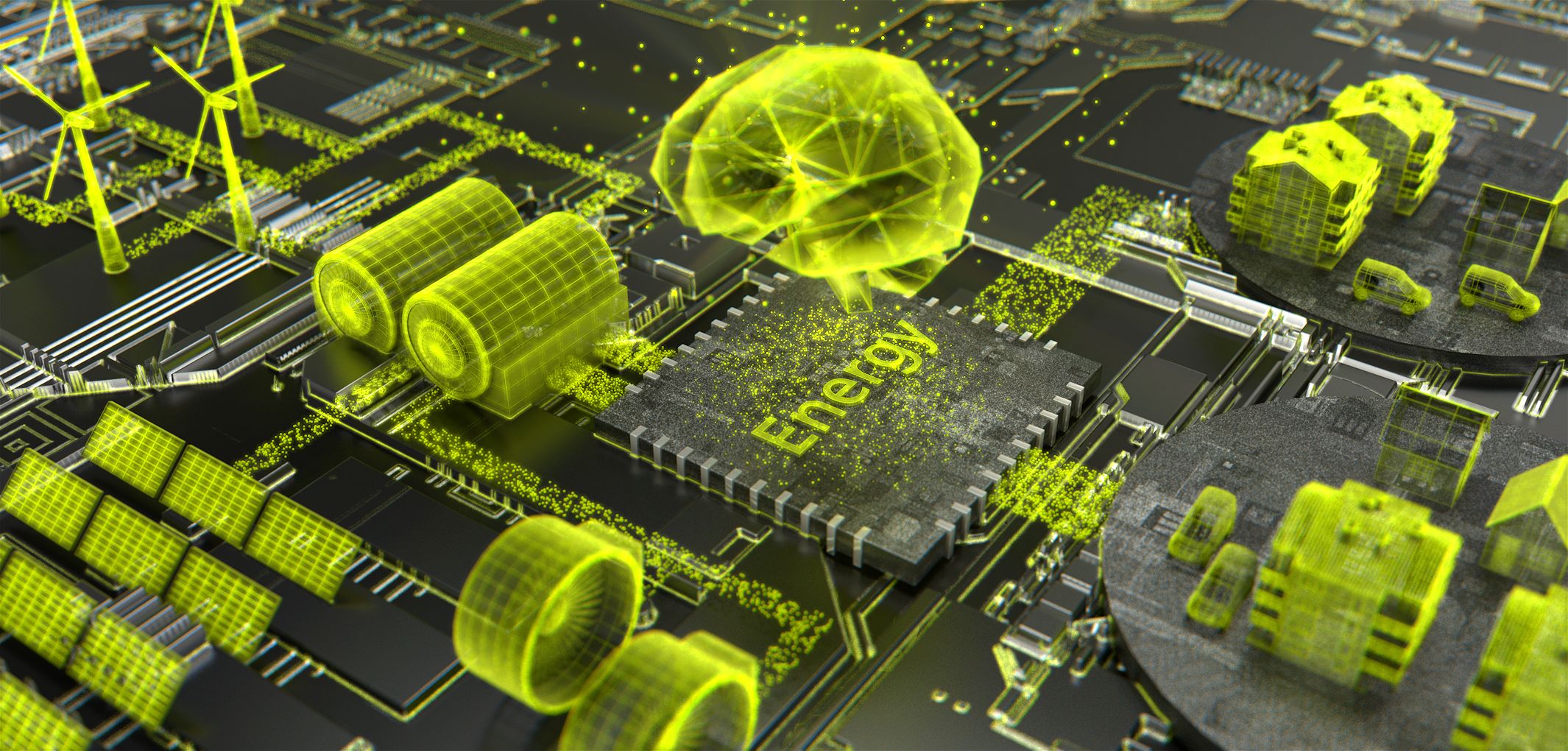Prof. Bretschneider, as a result of the war in Ukraine, the energy transition is to be accelerated: The German government wants to generate 80 percent of electricity from renewables by 2030. Is this a realistic goal?
Peter Bretschneider: Given the current share of around 50 percent, that is more than ambitious. The problem may not be with the technologies themselves, but also their supply availability in the face of rapidly growing demand, potential supply chain problems, cost increases, increasing shortage of skilled workers and so on. In addition to this, there are competing goals: The so-called energy policy triangle includes not only developing renewables, but also affordability and security of supply. On the other hand, the current crisis offers a unique opportunity for disruptive change that could significantly reduce our dependence on energy imports in the medium to long term.
 Fraunhofer Institute of Optronics, System Technologies and Image Exploitation IOSB
Fraunhofer Institute of Optronics, System Technologies and Image Exploitation IOSB 